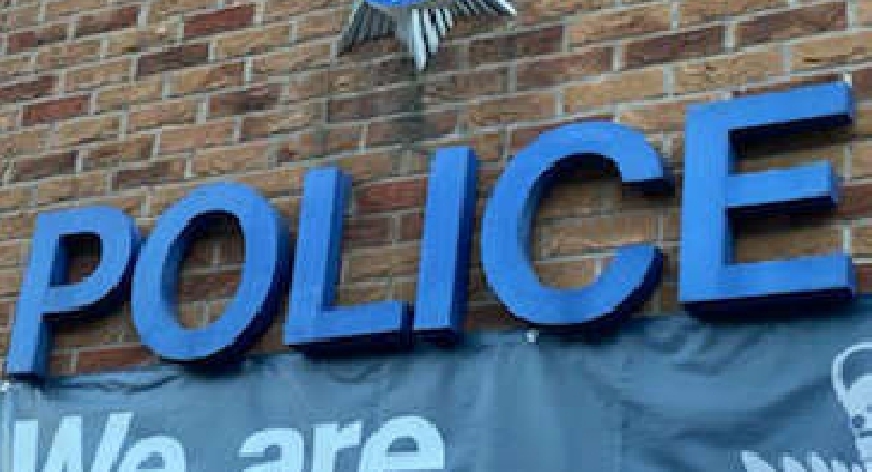
You can comment on the latest Leicestershire four-year proposals until 19 January
Residents and businesses are being encouraged to comment on our latest four-year budget plan.
People can find out more and have their say by completing a short survey.
The proposals underline that rising demand for support and infrastructure is placing growing pressure on budgets.
With costs set to rise by £117m, the strategy sets out the need for £80m of savings. It also includes £16m of investment in tackling climate change, an extra £34m to support vulnerable people and £7m next year to top up road maintenance budgets.
As one of the lowest funded councils, our financial position doesn’t make it easy. But we remain focused on delivering the services our residents need.
Person:Byron Rhodes, deputy council leader
We’ve listened to feedback from our summer consultation on the council’s priorities and would encourage people to take the time to have their say.
A 3.99 per cent Council Tax increase - equating to just over £1 a week – is proposed for 2020/21. This would reduce the impact on services by generating £12m next year to support vulnerable people.
A range of one-off investments to support infrastructure for new homes features in the £600m capital programme. This includes building the Melton Mowbray relief road, creating 6,400 more school places - 5,900 mainstream and 500 SEND - expanding adult social care accommodation and rolling out high-speed broadband.
Have your say
You can comment on the proposals until 19 January
Find out what people said about the council's priorities during our summer consultation
Find out more
Growing demand is set to push up the council’s costs by £117m - made up of £59m of service pressure and £58m inflation costs such as increases in supplier charges and the National Living Wage.
The £80m breaks down as £24m of detailed savings and a plan to reduce SEND costs by £17m, leaving a £39m gap. The detailed savings include:
• Recruiting more in-house foster carers to reduce expensive placements
• Reducing adult social care costs by simplifying processes and speeding up support
• Bringing together early help and prevention services - and delivering some in-house
• Reduce disposal costs by recycling and re-using more waste
• Generating more income from property investment
The 3.99 per cent rise includes a two per cent national levy to be invested in adult social care – councils have had the option to include up to eight per cent over four years.
The capital budget is made up of one-off spend to buy or build things and invest in infrastructure.
The final budget will be agreed by the county council at its meeting on 19 February.


 Body of a man found in water at Stoney Cove
Body of a man found in water at Stoney Cove
 Beaumanor Hall temporary closed due to public safety risk
Beaumanor Hall temporary closed due to public safety risk
 Witnesses to robbery in Hinckley asked to come forward
Witnesses to robbery in Hinckley asked to come forward
 Air Ambulance called after collision on M1
Air Ambulance called after collision on M1
 Nominations open for Leicestershire Partnership NHS Trust’s Celebrating Excellence Awards
Nominations open for Leicestershire Partnership NHS Trust’s Celebrating Excellence Awards
 Cyclist in a serious condition after crash with van
Cyclist in a serious condition after crash with van






